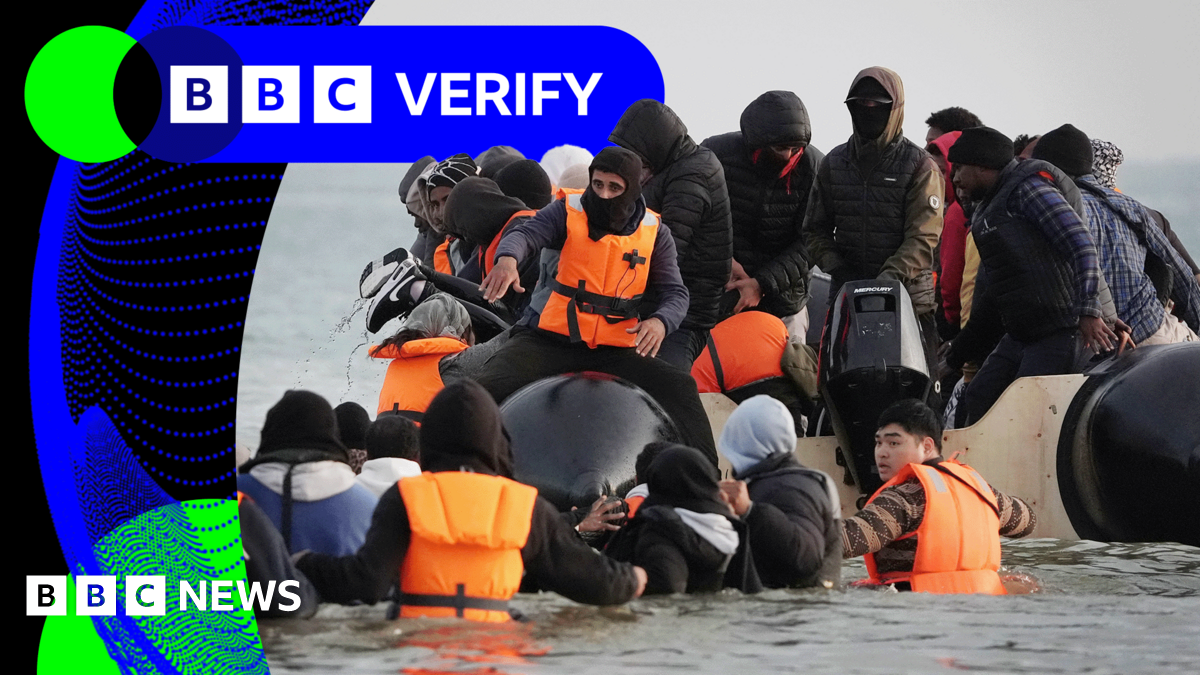Iran Nuclear Threat Looms: IAEA Warns Enrichment Restart Possible Within Months After US Strikes

Vienna, Austria – The head of the International Atomic Energy Agency (IAEA), Rafael Grossi, has issued a stark warning regarding Iran's nuclear capabilities, stating that the recent US strikes on Iranian soil have not significantly hampered its program and that Tehran could resume uranium enrichment within a matter of months. This assessment directly challenges claims made by former US President Donald Trump that the US actions had effectively crippled Iran's nuclear ambitions.
Grossi's comments, delivered during a press conference, highlight the ongoing fragility of the Iran nuclear deal (Joint Comprehensive Plan of Action - JCPOA) and the potential for escalating tensions in the region. While he acknowledged the damage inflicted by the US strikes, he emphasized that Iran possesses the technical expertise and infrastructure to quickly rebuild and restart its enrichment activities.
“We have assessed the situation, and our understanding is that Iran could, in a matter of months, be in a position to resume enrichment activities,” Grossi stated. He further clarified that the IAEA continues to monitor Iran's nuclear facilities and is committed to verifying compliance with any future agreements.
The JCPOA, which limited Iran's nuclear program in exchange for sanctions relief, was unilaterally abandoned by the United States in 2018 under the Trump administration. Since then, Iran has gradually rolled back its commitments under the deal, increasing its uranium enrichment levels and stockpiles. The recent US strikes, in response to an Iranian attack on US forces in the region, have further complicated the situation and raised concerns about a wider conflict.
Experts believe that Iran's potential resumption of large-scale uranium enrichment would represent a significant escalation, potentially bringing it closer to developing nuclear weapons. This prospect has sparked renewed calls for diplomacy and a return to the JCPOA, although the path to achieving such an outcome remains fraught with challenges. Several nations, including European powers, have expressed their desire to revive the deal, but significant obstacles remain, including Iran's demands for sanctions relief and guarantees against future US withdrawal.
The IAEA's assessment underscores the critical importance of international oversight and verification to prevent nuclear proliferation. Grossi reiterated the IAEA's readiness to engage in constructive dialogue with all parties involved to ensure the peaceful use of nuclear technology in Iran. The agency’s ongoing inspections and reporting are vital for maintaining transparency and building confidence among regional and global powers. The coming months will be crucial in determining whether diplomatic efforts can succeed in preventing a further escalation of tensions and a potential return to a more dangerous nuclear landscape in the Middle East.
The situation remains highly volatile, and the international community is closely watching developments in Iran's nuclear program and the broader geopolitical context.






